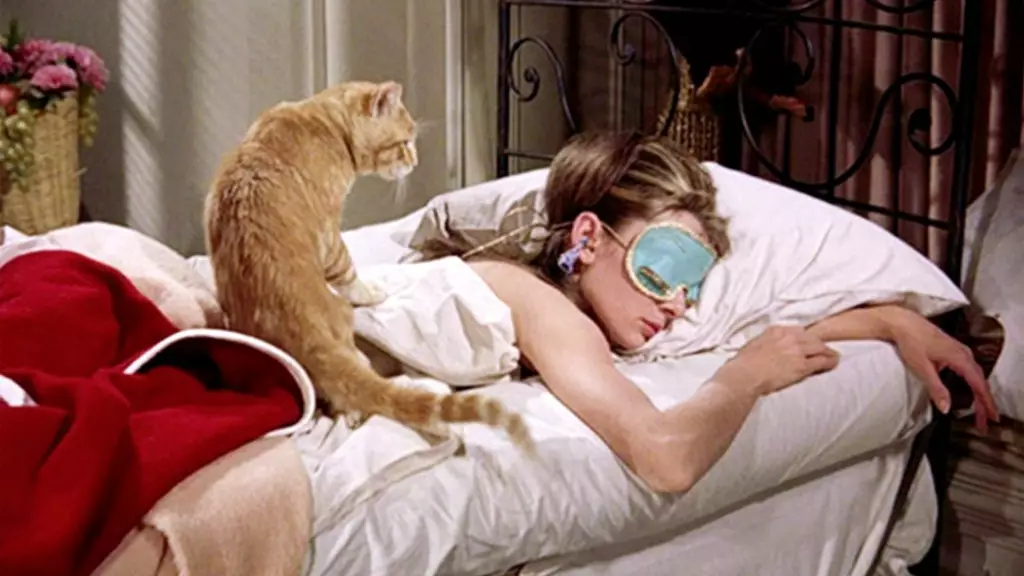
Once upon a time, pre-lockdown, a weekend filled with fun plans would leave us feeling happy and content for the week ahead.
But if you've been left yawning into your Aperol over brunch, or contemplating bedtime at 7.30pm recently, you're not alone. In fact, you could be suffering from the 'friend hangover'.
We don't know about you, but we've noticed that ever since lockdown restrictions have started easing, we've been left emotionally exhausted from just the smallest of social activities. Even meeting up with a few friends has left us yearning for an early night.
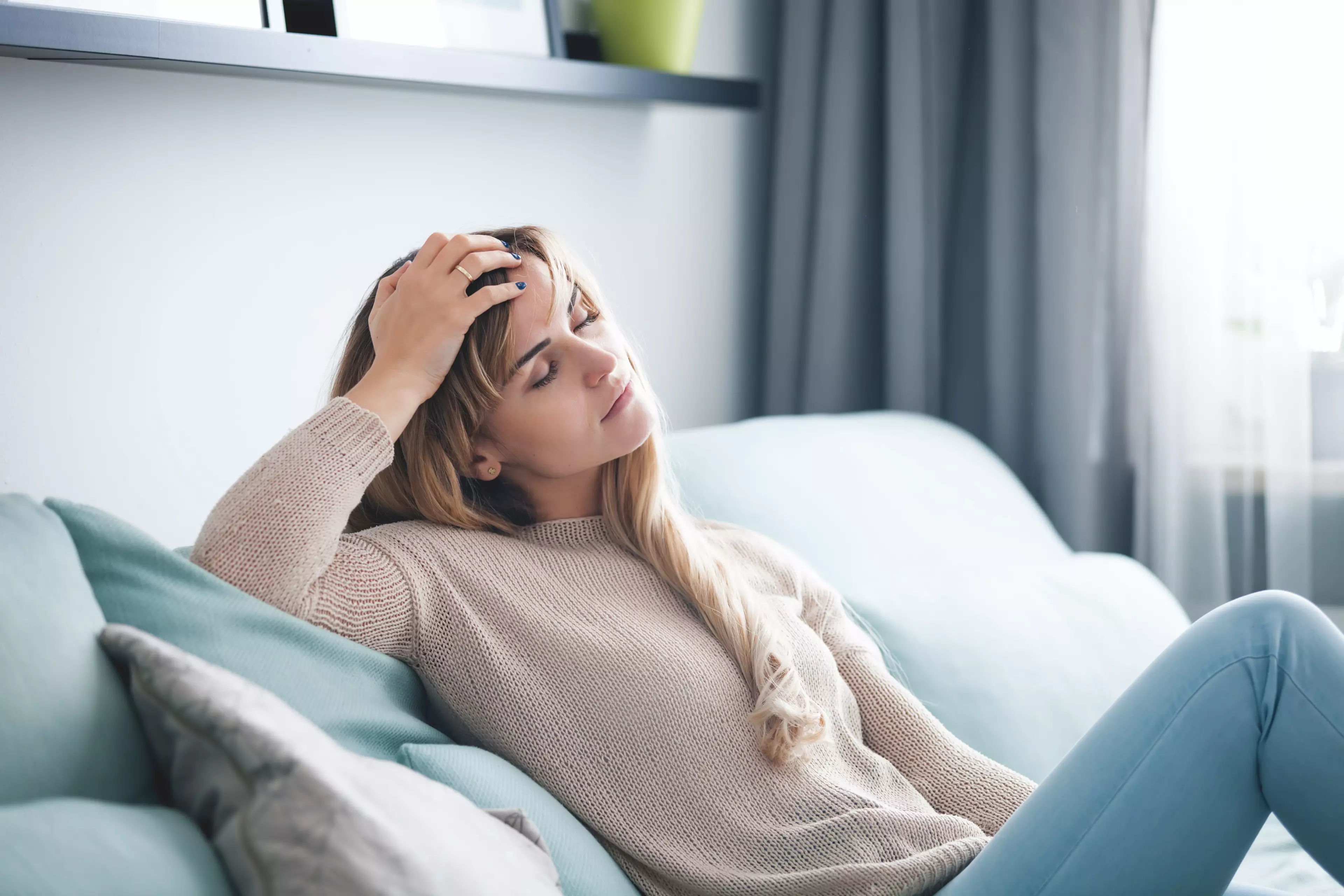
As one person pointed out on Twitter: "Socialising is so much more exhausting now than before lockdown, I've got my hair done and seen a few mates for a couple of hours and I'm DEAD I'm so f***ing tired."
Advert
And another asked: "So it's only me or someone else get exhausted after socialising and leaving the house after lockdown?"
But why are we feeling so depleted?
According to certified life coach Alisa Kay, our grogginess is all down to brain capacity. At the moment, we're going from zero to 100 - and it's making us seriously drowsy. She told Tyla: "We're feeling emotionally drained and exhausted because we're overwhelming our brain capacity.
"On average, the brain uses 20 per cent of our daily energy capacity, yet when we increase our brain use - when we go out and socialise outside of the norm - we start to increase that usage, thus our body over-spends energy making us exhausted."
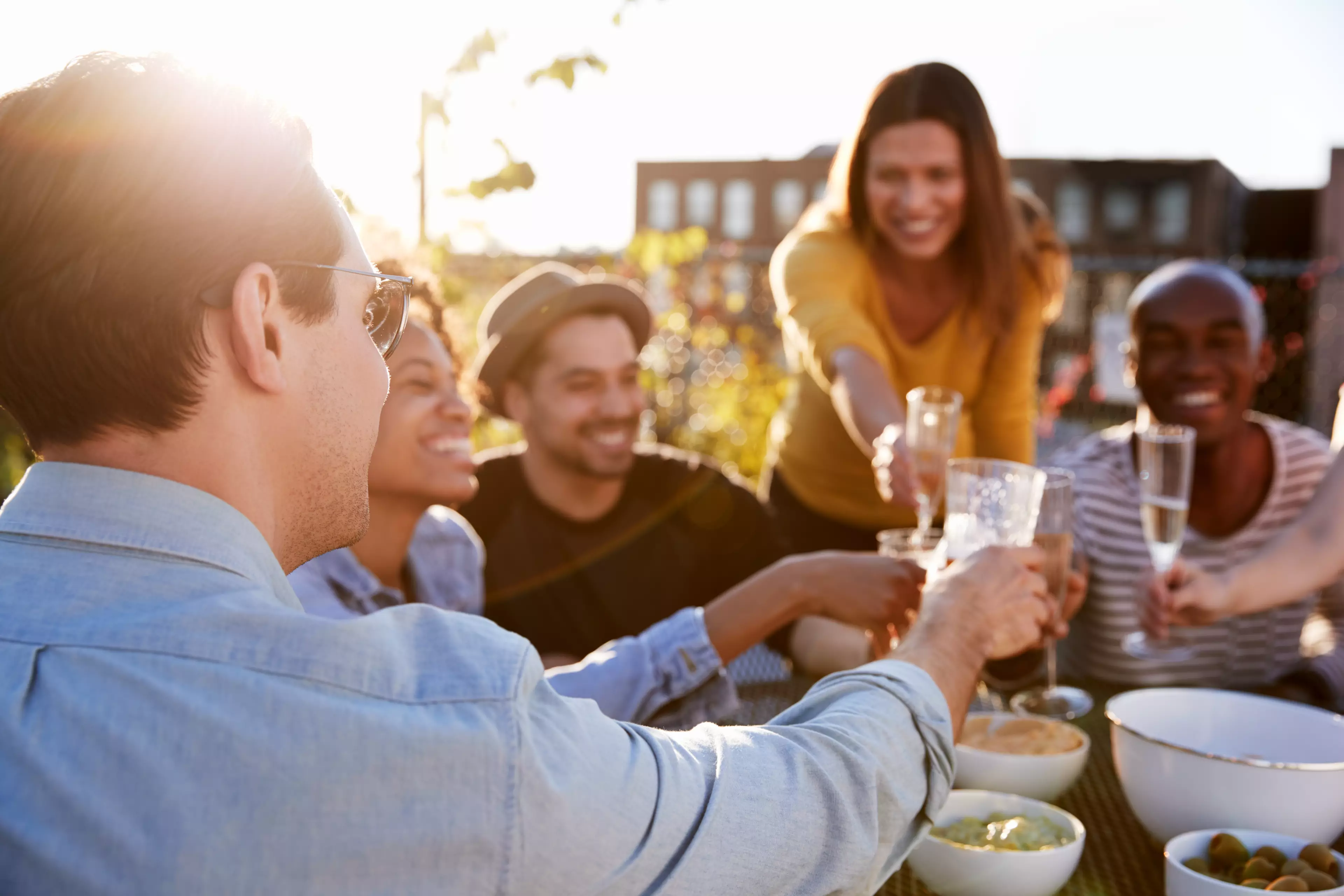
Aside from physically doing more, any kind of social anxiety we may have experienced before the pandemic seems to be heightened post Covid. In fact, a recent study by Anxiety UK found out of participants feeling anxious about returning to normality, 46 per cent cited the pressures of socialising as their biggest concern.
Advert
Not only are we having to remember more (phone, keys, purse, mask) we're also having to consider more too. Should we hug? Is it safe? Do I need a mask? What if I've forgotten how to hold an actual conversation with someone?!
And let's not forget how exhausting anxiety is in general. According to the NHS, tiredness is one of the key symptoms of generalised anxiety - so it's unsurprising that we're needing more shut eye.
"The fact that we now have to think about extra things that our brain has stopped thinking about - from where to meet to what to wear and what to talk about - also creates over-thinking and over-analysing which is scientifically proven to burn us out more," Alisa explains.
"This puts us into decision fatigue and creates uncertainty about how we will show up inside those social situations. So, even though you're already exhausted going into the social situation and you create even more brain overwhelm as you're plagued by decision fatigue from the get-go."
Advert
With more restrictions easing and - fingers crossed - all lockdown measures lifting from 21st June, many of us have a summer filled with postponed weddings, hen dos, stag dos and other celebrations.
If even the thought of a packed calendar makes you tired, fear not. Alisa explains the best way is to ease yourself back into 'normality'.
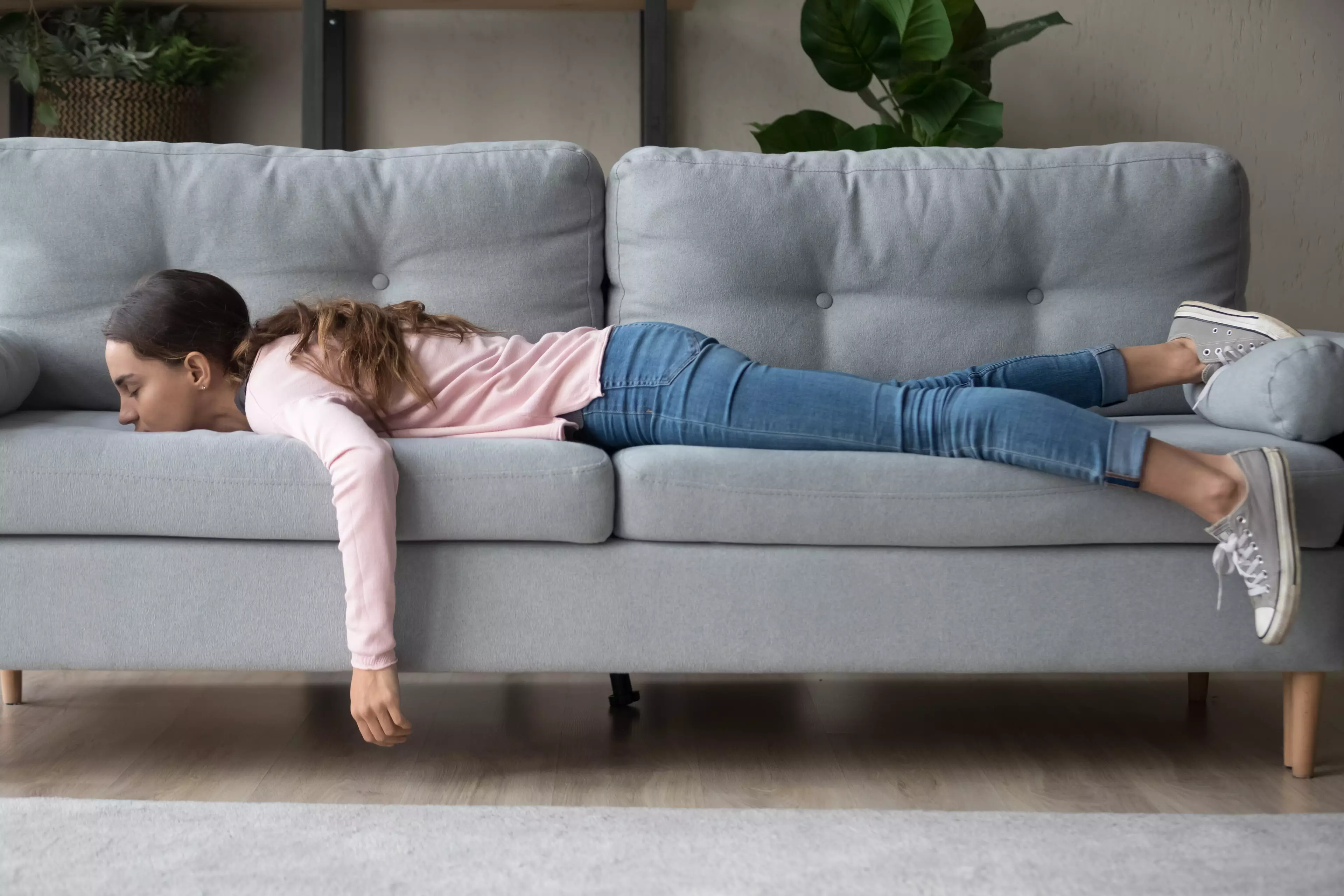
"Start small. Instead of planning to spend five hours in an intense lunch and shopping situation, meet for a coffee first and incrementally increase your social interactions - kind of like building up muscle at the gym," she says.
Advert
Of course, it's not always easy to plan the length and intensity of social interactions - especially when you have six weddings in the space of two months.
But Alisa adds there are ways to boost your energy levels.
"Make sure you replenish your energy at home by doing something mindless and relaxing after the social interaction," she explains.
"A good night's sleep and a dive into a good book generally help relax the brain and will burn fewer calories scientifically speaking."
Advert
Basically, factoring in self-care is essential for post-lockdown.
"Whether you're going to a dozen weddings or preparing for a social calendar full of BBQ plans, it's important you factor in self-care," she goes on.
"Do something for yourself - lots of people started hobbies over lockdown, so use your calendar to make sure you're still practicing and doing the things you enjoyed over lockdown.
"Even if it means that one night during the work week is dedicated to you, carving out that time and making it a ritual will do wonders for avoiding burnout."
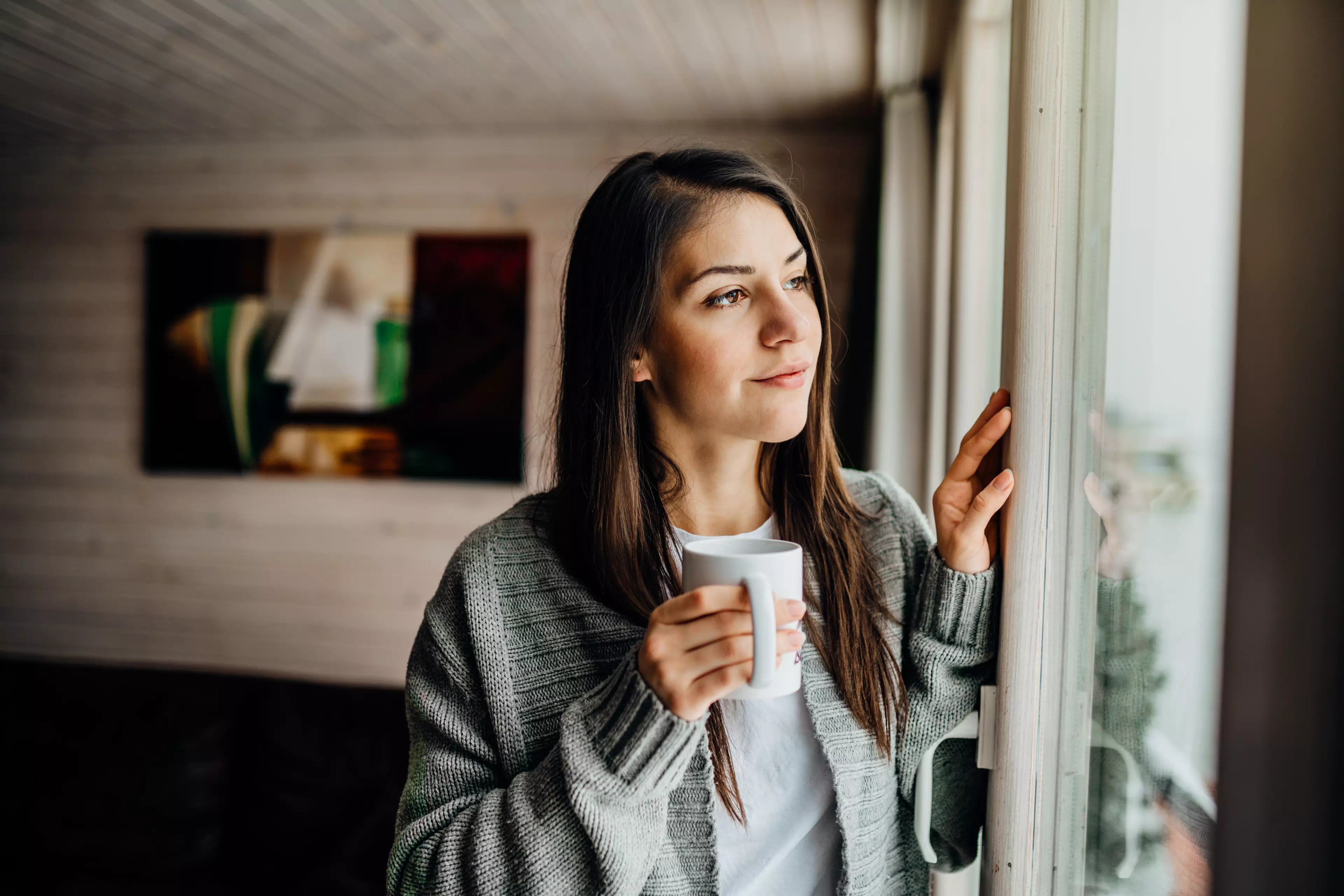
How to avoid post-lockdown anxiety
Sally Asquith, from Breathing in Peace, explains how to use your breathing to ease anxiety as lockdown lifts.
"After being in isolation with limited contact with people for so long we can feel anxious about being in close contact again. Anxiety affects our breathing causing us to shallow breathe, engaging our fight or flight response and heightening emotional response," Sally tells Tyla.
"Being breath aware and using breathing exercises can help us ease back into normal life by giving us tools to help control anxiety, regulate emotional response and stay calm and centred.
"We can prepare by doing basic breathing exercises every day. A few minutes of conscious breathing helps us to practise calming the body and mind to avoid overwhelm and anxiety. Box breathing, or a 4-7-8 breath (inhale for 4, hold for 7, exhale for 8) or just simply extending the exhale can quickly bring relaxation, while a 5-2-7 breath can help with focus and decision making.
"Breathing exercises are free, easy and accessible for everyone and are a powerful stress management technique to help avoid burnout."
Featured Image Credit: Paramount